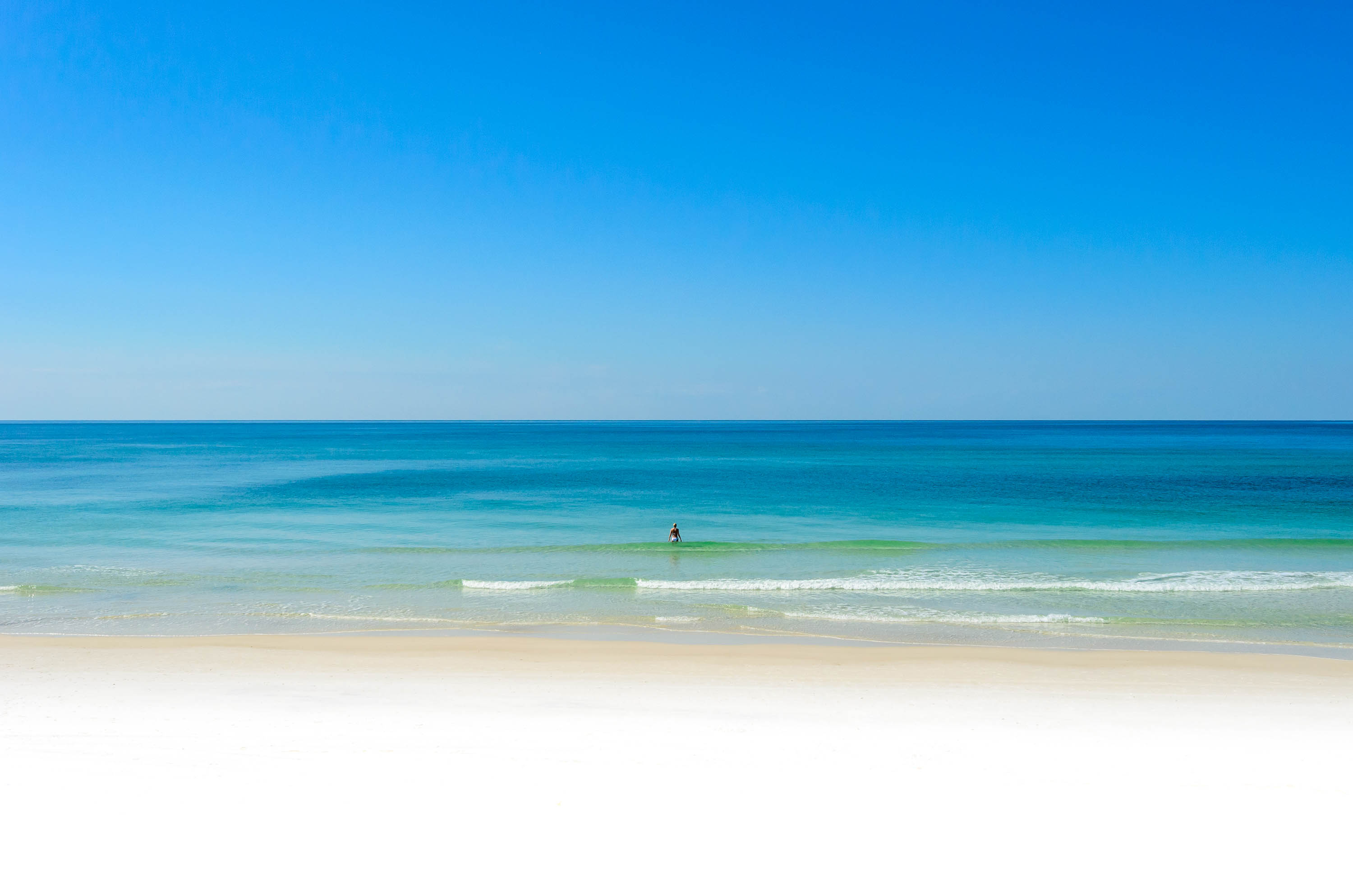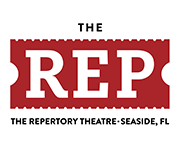By DOTTY NIST
The public has now been able to learn more about the final settlement agreement approved by Walton County in connection with the county’s customary use court complaint, through which the county had been seeking to affirm a right by the public to customary recreational use on all privately-owned properties along the beachfront.
The 37-page settlement agreement first became available by public records request during the week of June 5. There has been no official announcement or statement by Walton County regarding the agreement.
The customary use case and approval of the settlement agreement
The Walton County Board of County Commissioners (BCC) had approved the final version of the settlement agreement in a May 15, 2023, special meeting after a closed executive session.
The lawsuit had been filed in Walton County Circuit Court in December 2018, with notification provided to owners of 1,194 beachfront parcels. The court filing had been in line with requirements for affirmation of recreational customary use of the beach that went into effect with House Bill 631, legislation which had also negated Walton County’s customary use ordinance.
Hundreds of parties, mainly beachfront property owners, had opted to intervene in the lawsuit in opposition to the county court effort.
A trial had previously been scheduled to begin on May 22, 2023, but has been delayed at the request of Walton County’s legal counsel, who have been working to resolve all issues in the matter in order to avoid a trial. The counsel have stated that the settlement agreement was negotiated between representatives of the county and “several intervenors.”
In April 2023, prior to Walton County’s approval of the final version of the settlement agreement, the county had dropped several hundred parcels from the lawsuit. These are located in what was designated as Zone 1 in the lawsuit, consisting of the area between the western boundary of Topsail Hill State Park and the Walton-Okaloosa County line (approximately 4.85 miles in length)..
According to the settlement agreement, through the agreement Walton County consents to entry of a final judgment determining the issue of customary use to be “now and forever moot” for any parcel becoming part of the agreement. The parties entering into the agreement are to be dismissed from the lawsuit “with prejudice,” meaning that the county would not be able to go back to court in the future to seek to affirm customary use there.
Intervenors participating in the agreement would agree to pay their own attorney fees and costs in the lawsuit.
The agreement also provides for any of the participating parties’ pending counterclaims against Walton County to be dismissed by those parties “with prejudice,” or on a final basis.
Terms for participating parties
Terms for parties participating in the agreement include allowing the general public on their privately-owned parcels within the area 20 feet landward of the wet/dry sand line under some conditions. This area is known in the agreement as the Transitory Zone (TZ).
The agreement provides for specified uses only of the TZ by the public. The uses consist of walking, running, jogging, access to the wet sand and water for swimming, surfing, surf fishing, and skim boarding—and, between 9 a.m. and 4 p.m., “sunbathing uses.”
The agreement defines sunbathing uses as “consisting of standing, sitting, or laying [sic], either on the sand or on a beach towel or in/on a beach chair that is privately owned by the user and is not stored by nor associated with a third party vendor, condominium association, townhome association, hotel, motel, bed and breakfast…” Umbrellas are not mentioned with the “sunbathing” definition.
The TZ uses are to be allowed per the agreement regardless of whether all or any portion of the TZ is landward or seaward of the Mean High Water Line (MHWL).
Except for the uses specified, the agreement prohibits all other uses of the TZ—except for parcel owners, their renters and guests, and other users permitted by the owners on the participating party’s own beach parcel.
The agreement prohibits the general public from any area of a beach parcel owned by a party participating in the agreement except within the TZ for the specified TZ uses only.
The agreement does not prevent a property owner from entering into a contract with a beach vendor to put beach chairs and umbrellas on their property, including within the TZ, for the use of the owner, renters, guests, etc.
The agreement recognizes the property owner as having rights “superior” to those of the general public in the TZ, and an owner would not be prevented from using “all” of the TZ in line with the terms of the agreement.
It is also stated that the sunbathing uses in the TZ as defined in the agreement “may only be exercised by the General Public if the Beach Parcel Owner is not actively using that area.”
Failure of any member of the general public to cease the sunbathing uses upon the property owner’s request would be considered an act of trespass in violation of state statute.
The agreement provides for a property owner to exclude any member of the public who is not “respectfully conducting themselves,” or not complying with the agreement or the Walton County Beach Activities Ordinance, while engaging in TZ uses.
A property owner is to be allowed to designate a representative (potentially a security guard) to exclude unauthorized persons from the property, with that designation to be provided to Walton County Code Compliance and the WCSO.
The agreement also limits use of the TZ by the public to a maximum density of the equivalent of one person per five feet of beach parcel gulf frontage, with the county to enforce this limit.
The agreement requires the county to strictly enforce a restriction on beach chairs and/or umbrellas being set up seaward of the TZ (i.e., in the wet sand area) “by any person.” “The parties agree that such area shall be kept free of obstructions to provide for transit of required enforcement and safety personnel,” per the agreement.
Participating property owners are to have the right to put up signs as large as 24” x 36” from 7 a.m. to 7 p.m. stating limits or restrictions on public access to their property—and the county is to work with the owners to arrive at signage informing the public about the TZ on the property and allowable uses.
Other county rights and responsibilities per the agreement
The agreement provides for joint training meetings between Walton County Sheriff’s Office (WCSO) deputies and Walton County Code Compliance officers “on the county’s goal in respecting Participating Intervenor Beach Parcel Owners’ rights to use their Beach Parcels to the exclusion of the General Public, other than the General Public’s Transitory Uses within the Transitory Zones,” subject to conditions in the agreement.
Within one year from the effective date of the agreement, Walton County is to conduct a study to “determine the need for additional public recreational beach access parcels,” that will include a survey of the beaches. For privately-owned beach parcels with erosion, the county is to work with the owner to modify transitory uses as needed “until such time that Beach Parcel is renourished.” The county would also be allowed to acquire/purchase beach parcels either by negotiation or by eminent domain proceedings.
The agreement provides that Walton County will not allow any of the county’s experts who had been retained in the lawsuit to use any materials prepared for the case in “any proceeding attempting to establish customary use in Walton County.”
Property owners not entering the agreement
According to the 37-page document, intervenors in the lawsuit who do not join in the agreement will be dismissed from the lawsuit without prejudice on certain conditions. Among these are that the parties have not filed counterclaims against the county or that they dismiss any such counterclaims, plus agree to pay their own attorney fees and costs. The “without prejudice” dismissal would then convert to a “with prejudice” dismissal if the county has not refiled in court before May 31, 2024, also subject to the previous conditions.
The several hundred parcels on the west end dismissed from the lawsuit by the county in April had been dismissed without prejudice. The document provides for those properties to also be dismissed with prejudice in the absence of any counterclaims against the county by the property owners and with their payment of their own fees and costs in the lawsuit.
For owners of properties noticed/included in the lawsuit who did not opt to intervene in the lawsuit, the agreement provides for the county to either dismiss those parcels without prejudice—or, if the county goes to court seeking to affirm customary use rights in those locations, for those rights by the public to be consistent with what exists on the properties entering into the agreement for setting up a TZ, per the agreement.
Upcoming court hearing
A 9 a.m. June 30 court hearing has been scheduled in Walton County Circuit Court in the customary use case. This is to be a case management hearing at which Walton County Circuit Court Judge David Green, presiding judge, will determine whether any unresolved issues remain and whether there is a need for a trial.
A trial date of July 10 has been set in the event a trial is still deemed to be required.












